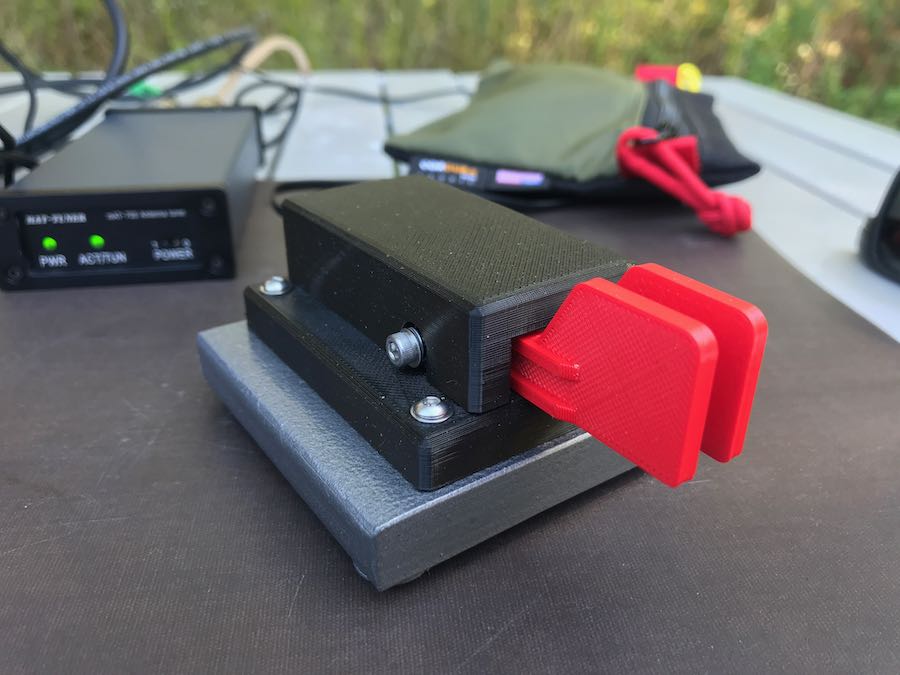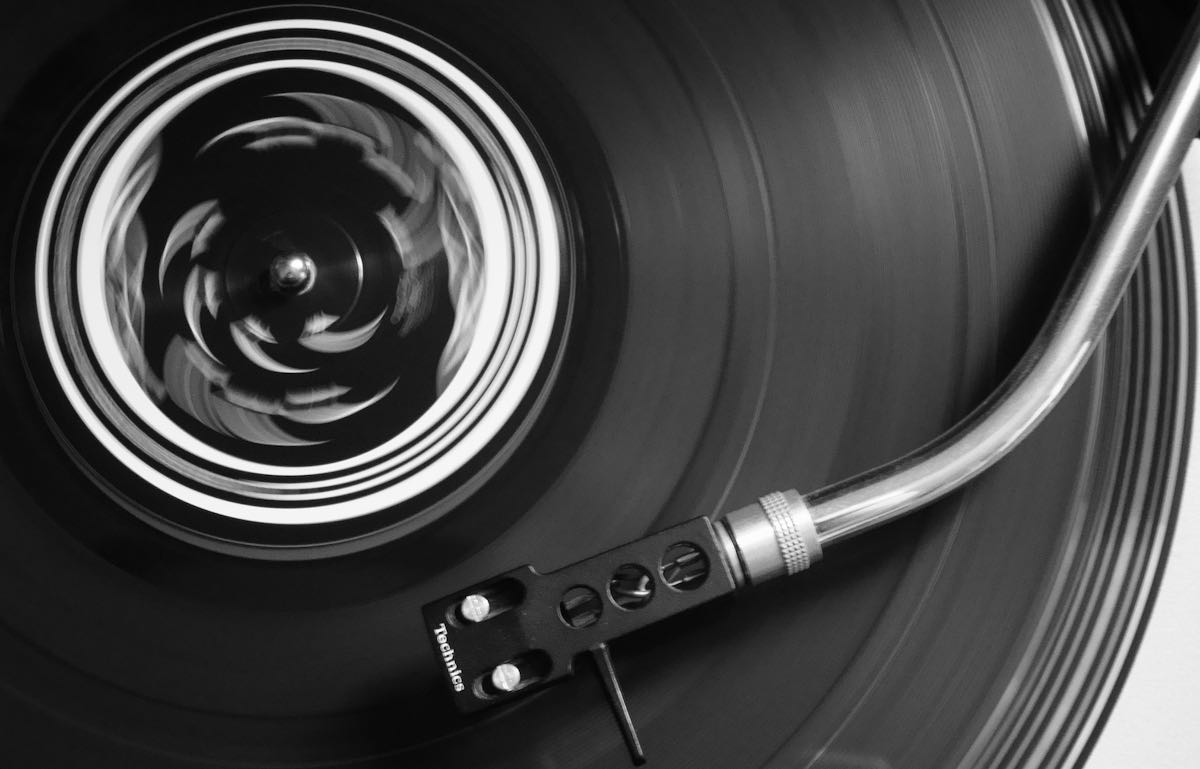 Many thanks to SWLing Post contributor Mark Hirst, who shares this Guardian article examining the future of the BBC World Service. In the piece, outgoing BBC Director-General Tim Davie warns that the World Service is approaching a serious funding cliff, with the current government support agreement set to expire and no replacement yet in place. Davie emphasizes the continued importance of the World Service’s global reach and trusted journalism at a time when reliable international news is under increasing pressure worldwide.
Many thanks to SWLing Post contributor Mark Hirst, who shares this Guardian article examining the future of the BBC World Service. In the piece, outgoing BBC Director-General Tim Davie warns that the World Service is approaching a serious funding cliff, with the current government support agreement set to expire and no replacement yet in place. Davie emphasizes the continued importance of the World Service’s global reach and trusted journalism at a time when reliable international news is under increasing pressure worldwide.
You can read the full article here:
https://www.theguardian.com/media/2026/feb/10/bbc-world-service-funding-tim-davie





